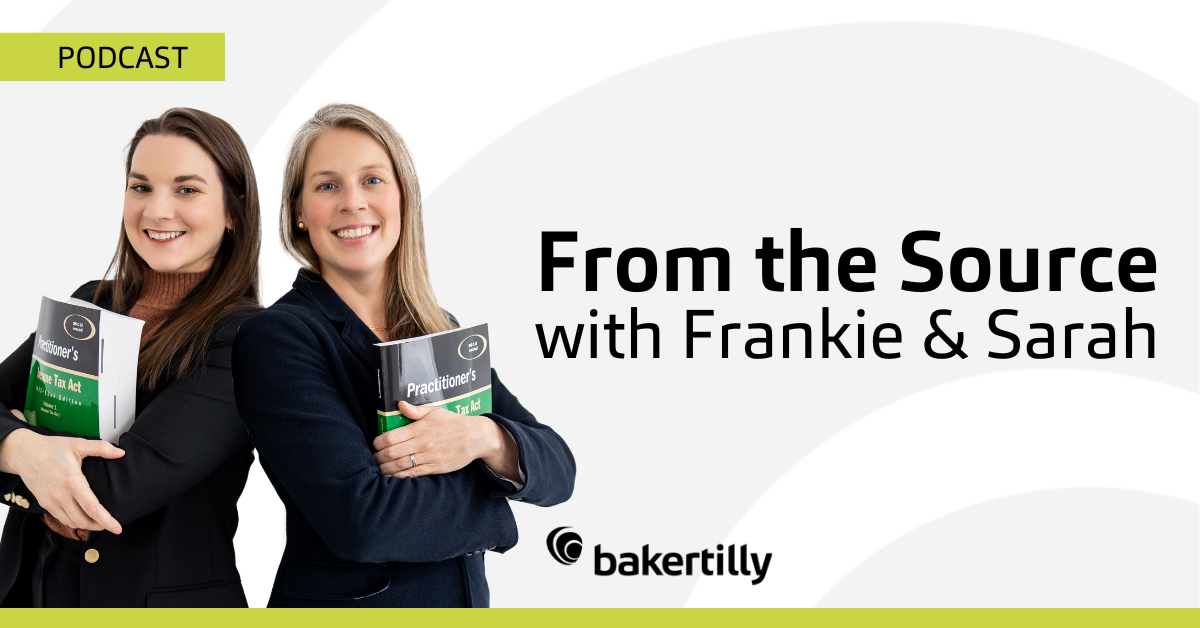
Cybersecurity for Business Owners (Ep. 25)
How can you secure your business against digital threats?
Dive into the world of cybersecurity with Frankie Loreto, Sarah Netley, and their special guest, Blair Brown, in this episode of “From the Source.” Blair, who heads the digital services group at Baker Tilly, shares insights into the evolving cyber threat landscape, with a particular focus on small to medium-sized businesses. He discusses how artificial intelligence is being leveraged to create sophisticated phishing attempts and the importance of proactive risk management.
Frankie, Sarah, and Blair discuss:
- The rise of phishing and ransomware threats [00:02:30]
- How AI is used by cybercriminals to imitate voices and target businesses [00:06:25]
- Common cybersecurity challenges for small to medium-sized businesses [00:07:07]
- Success stories in enhancing cybersecurity measures and efficiency [00:17:15]
Connect with Frankie Loreto and Sarah Netley:
- Courtice.BakerTilly.ca
- LinkedIn: Baker Tilly Canada
- LinkedIn: Frankie Loreto
- LinkedIn: Sarah Netley
- Call: (905) 579-5659
Connect with Blair Brown:
About Our Guest:
Blair Brown is an information technology and security professional with more than 30 years of experience providing executive-level consultation and direct operational support to private corporations, financial institutions, and credit unions; manufacturing, production, and distribution utilities; the education sector; law enforcement; and federal, provincial, and municipal governments and agencies. His areas of expertise include governance, risk, and compliance, audit and assurance, National Institute of Standards and Technology, and System and Organization Controls audits, security management, cybersecurity, supply chain security, digital forensics, and physical security.
Podcast: Play in new window | Download | Embed